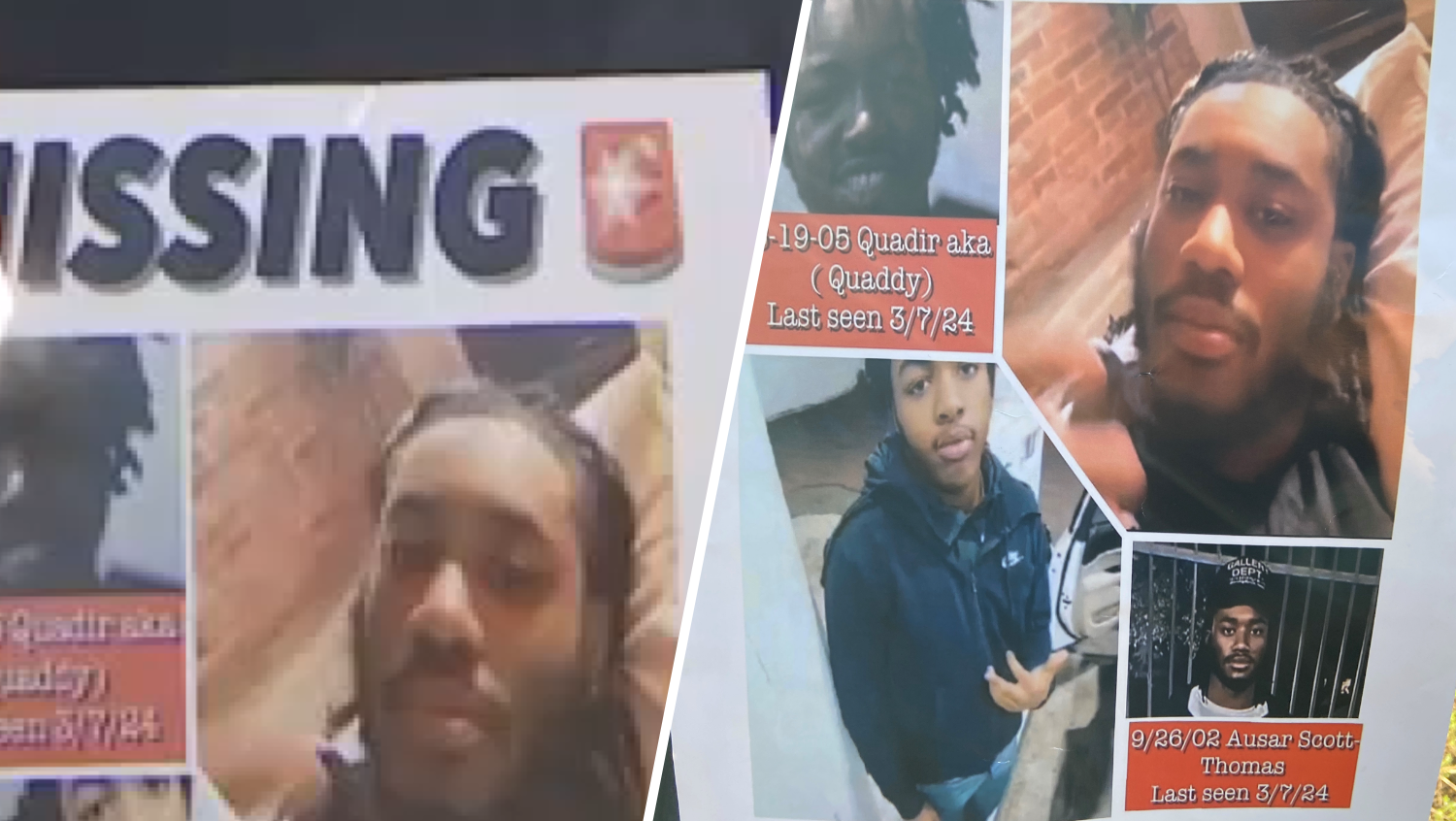All six defendants in the landmark civil trial for the Market Street collapse catastrophe found liable by a jury now must find out how much they must pay.
The penalty phase began Friday morning. After a week of additional testimony, the jury must determine how much each defendant owes the nineteen plaintiffs, who are made up of the families of seven people killed and 12 others injured when a four-story wall crushed the Salvation Army thrift store at 22nd and Market streets, June 5, 2013.
The defendants include developer Richard Basciano and his company STB, his project representative Plato Marinakos, demolition contractor Griffin Campbell, Campbell’s excavator operator Sean Benschop, and the Salvation Army.
The civil trial has stretched over five months before this week's verdict. The jury in less than a day found all defendants liable and will return Friday to consider damages.
In the damages phase, attorneys are expected to call expert witnesses to testify how much value can and should be assessed when life is lost, people are injured, and trauma is incurred upon victims.
Basciano, 91, was hoping to redevelop a block of seedy properties he had held for 20 years. His architect, Plato Marinakos Jr., who oversaw the demolition, received immunity from prosecutors for his cooperation. [[210250031, C]]
High power disaster attorney Robert Mongeluzzi argued that they hired cut-rate workers to raze the downtown building despite the risk to the public. The workers took the four-story building down from the inside out, destabilizing the brick exterior walls.
Local
Breaking news and the stories that matter to your neighborhood.
He faulted the Salvation Army for keeping the store open despite warnings about the demolition. A lawyer for the Salvation Army called the charity blameless.
The catastrophe led the city to tighten its requirements for getting demolition permits.
Campbell was being paid $112,000 for the job, a fraction of the other bids. He had no comparable experience. Campbell is serving a 15- to 30-year sentence for involuntary manslaughter and other offenses. Sean Benschop, who was operating the machine despite taking Percocet and marijuana for medical problems, was sentenced to 7½ to 15 years in prison for similar crimes.
The victims included the 24-year-old daughter of the city treasurer, who died along with a friend as they dropped off donations.



